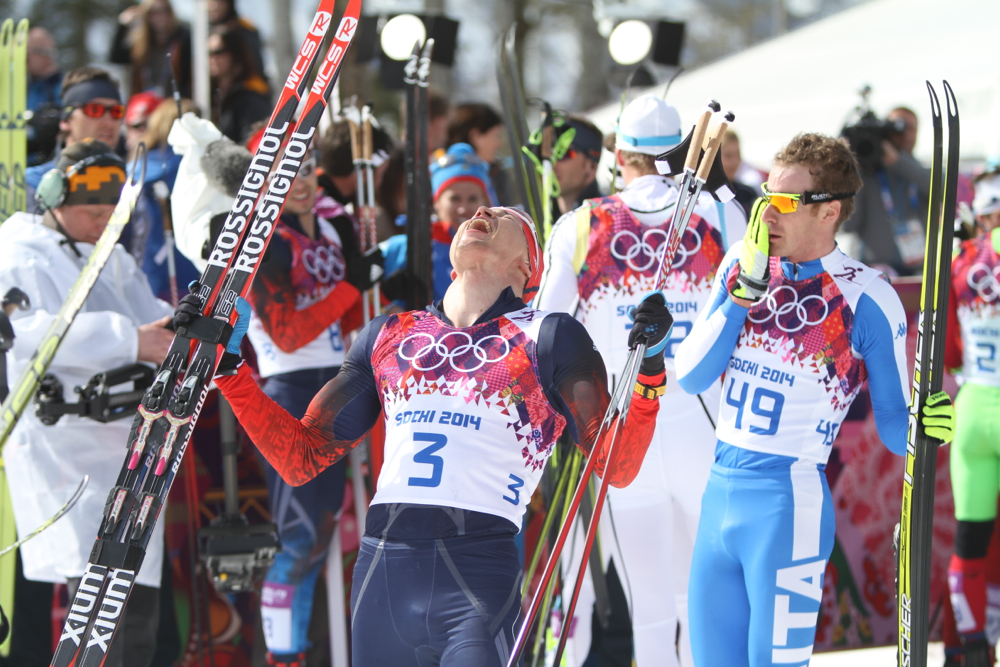
Earlier this week, among the tumult in Washington, D.C., Senators Orrin Hatch of Utah and Sheldon Whitehouse of Rhode Island, introduced the Rodchenkov Anti-Doping Act to the Senate. The proposed legislation is named after Grigory Rodchenkov, the former head of the Russian Anti Doping Agency’s (RUSADA) Moscow Laboratory. Rodchenkov was one of several whistleblowers who helped reveal state sponsored doping in Russia.
Similar legislation was introduced in June to the House, but has not been voted upon.
The Rodchenkov Anti-Doping Act, if passed in the House and Senate will criminalize doping when it involves attempts to impact the results of major championships like the Olympics and World Championships. Fines of up to $1 million and prison sentences of up to ten years could be handed down.
The bill strengthens the ability of the U.S. legal system to bring doping violators to justice. In the past, for example, sanctions resulting from the Sochi scandal have been handed down by sporting bodies like the International Olympic Committee (IOC) and anti-doping agencies like WADA. Entities many claim lack the teeth and will to curb doping.
Under the bill, the anti-doping reach of the U.S. government will extend internationally. The Rodchenkov Anti-Doping Act empowers the U.S. government to investigate international sporting events outside U.S. borders if the competition meets certain parameters.
The sporting events must be multinational with at least four countries, including the U.S., competing. At least four athletes from the U.S. must be entered in the competition.
The proposed law also bolsters the ability of U.S. companies sponsoring out-of-country international sporting events, like the Olympics, to seek damages if the doping in question tarnishes the image of the sponsored event.
The language in the bill also extends the definition of “doping fruad” to include lost opportunities to U.S. athletes when competing against doped competitors. In other words, athletes who lose medals or prize money, and potential sponsorship earnings could file a claim to recover those lost opportunities.
Further, the Rodchenkov Anti-Doping Act protects individuals coming forward as whistleblowers who serve the interest of clean sport.
Travis Tygart, CEO of the U.S. Anti Doping Agency (USADA), made the following statement earlier this week regarding the Rodchenkov Act.
“This Bill is part of the overall recognition that doping is fraud, and when it’s done by organizations and institutions – whether that be by a sport or an entire nation – it’s going to be put on the same level as other types of fraud. All of those who value fair play and clean athletes rights should welcome this legislation and support its immediate passage.”
Jason Albert
Jason lives in Bend, Ore., and can often be seen chasing his two boys around town. He’s a self-proclaimed audio geek. That all started back in the early 1990s when he convinced a naive public radio editor he should report a story from Alaska’s, Ruth Gorge. Now, Jason’s common companion is his field-recording gear.



